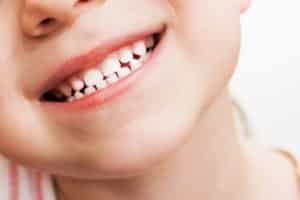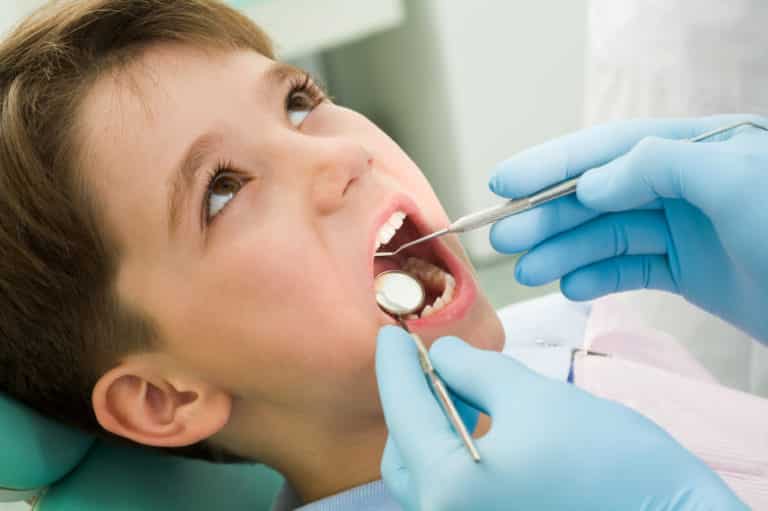How to manage a knocked out baby tooth
You were carefully watching your child at the playground but then in the blink of an eye, there was a fall, a bleeding mouth and a missing baby tooth. This can be a heart-stopping occasion and it happens frequently. As we know, kids will be kids and this does mean accidents will happen. Luckily, the management of a knocked out tooth is actually very simple if you make sure to follow the steps listed below.

The first thing to do is try not to panic. If you can, try and have a look inside your child’s mouth to gauge an idea about what has happened, there can be a lot of bleeding if the lips have been involved in the accident and this can make getting a visual difficult. If you see that a tooth is missing, you have found the tooth and you are sure that it is a baby tooth that has been knocked out then it is recommended to not re-implant or replace the tooth back into the socket. The reason for this is that by re-implanting the baby tooth, you can risk infection as well as damage to the permanent tooth underneath. Baby teeth start to appear from approximately 6 months until 7 years old.
If you are unsure whether the tooth is an adult or baby tooth or if you haven’t been able to locate the tooth, it is a good idea to call Smile Solutions on 13 13 96. The receptionist can help you establish whether it is a baby tooth or an adult tooth that has been lost. They will then help you arrange an appointment for your child to be seen immediately by a dental practitioner.
Why you need to see a dental practitioner?
Regardless of whether it is a baby tooth or adult tooth, you will need to bring your child in to see the dental practitioner so they can assess the dental trauma. If you have been able to find the tooth/teeth, bring them with you to the appointment. You can transport it in milk or saliva and be sure to handle the tooth carefully (do not handle the root), do not attempt to clean the tooth. Your child may very likely be a little sore and shaken but with the right practitioner and a calm environment your child will be in good hands and managed properly.
Your dental practitioner will examine whether your child has indeed lost a baby or adult tooth, or whether the tooth has been intruded (pushed under the gum) if it was not found after the accident. They will also check the soft tissues (lips, cheeks, tongue) for presence of any debris or broken tooth fragments where possible. To examine these things, an X-ray may be required. Your child will also need to be checked for basic neurological signs to determine whether there has been a concussion. The dental practitioner will then instruct you on the required after care, for example, looking after any soft tissue wounds, pain management and relief and they will also advise you on when your child will need to be reviewed. If the space that used to occupy the baby tooth is a bother then there are options to provide aesthetic solutions that can be discussed and implemented after a period of healing.
Remember, management of a lost baby tooth from an accident in comparison to a lost adult tooth is very different so calling, speaking and seeing a dentist is imperative. If a dental trauma occurs, call Smile Solutions on 13 13 96.
In Summary:
Baby teeth 6 months – 7 years old approximately:

- Try not to panic
- Never put a baby tooth back in it’s socket. This can cause harm to the developing adult tooth underneath and also risk an infection.
- Call Smile Solutions to seek dental treatment to assess the socket, any other possible injuries and implement a management plan.
- Take the tooth with you for the dentist to examine if it has been found.
- Do not attempt to clean the tooth. Transport the tooth covered in milk or saliva, not water and handle with care – avoid touching the root of the tooth.
